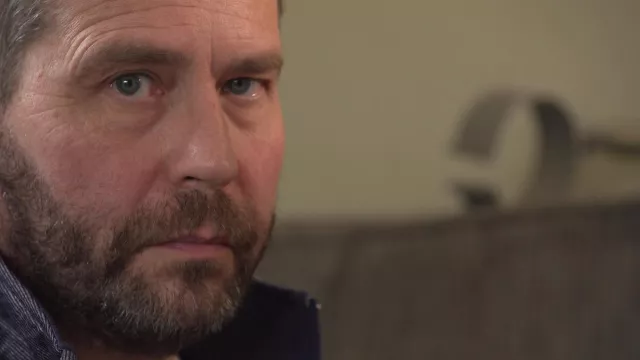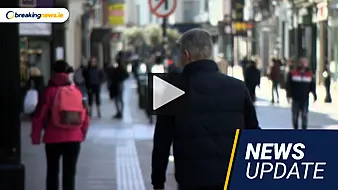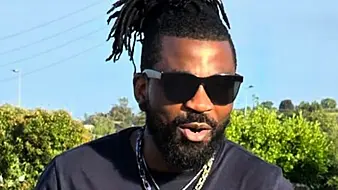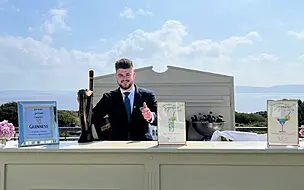The Special Criminal Court has rejected arguments that it has no jurisdiction to hear the trial of four men accused of causing serious harm to Quinn Industrial Holdings director Kevin Lunney.
Michael O'Higgins SC, for one of the four accused, said the court has become a "permanent and perpetual" structure that is not permitted by the legislation that brought it into existence. He said the democratic process "has been rescinded and replaced by an ad hoc expansion" whereby the Director of Public Prosecutions (DPP), a civil servant, decides who should be tried before the three-judge, non-jury court.
Dismissed
Mr Justice Tony Hunt, presiding, with Judge Gerard Griffin and Judge David McHugh, dismissed the arguments, saying that the court's jurisdiction is established by legislation and that the documents relied on by the DPP in bringing the men before the Special Criminal Court were in order.
He further found that arguments suggesting the Oireachtas has not revisited the question of the 1972 proclamation, which brought the Special Criminal Court into existence, cannot be dealt with by the court. He added: "That invites us into the political thicket where we are not permitted to go and it is arguable that no court is permitted to go there."
He said the court's jurisdiction has been established and the trial will go ahead in the ordinary way tomorrow morning.
Luke O’Reilly (67), with an address at Mullahoran Lower, Kilcogy, Co Cavan; Darren Redmond (27), from Caledon Road, East Wall, Dublin 3; Alan O’Brien (40), of Shelmalier Road, East Wall, Dublin 3 and a fourth accused man aged 40 are all charged with false imprisonment and causing serious harm to Mr Lunney at Drumbrade, Ballinagh, Co Cavan on September 17th, 2019. The fourth man cannot be named by order of the court as he is due to face trial on other, unrelated matters.
Ordeal
Mr Lunney (51), a father of six, was abducted close to his home in Co Fermanagh on the evening of September 17th. The businessman's leg was broken, he was doused in bleach and the letters QIH were carved into his chest during the two-and-a-half hour ordeal before he was dumped on a roadside in Co Cavan.
In submissions made today on behalf of the unnamed accused and adopted by the other three, Mr O'Higgins said the fact that the DPP now decides whether a person should be tried before the special court "inadvertently achieves a result where the Oireachtas is no longer applying its mind" to the question.
The Government and the Oireachtas, he said, is disengaged from the process whereas when the court was first envisaged it was recognised by the government that it would be a "serious and significant departure from the norm."
Counsel further submitted that in 1972 the Oireachtas issued a proclamation on foot of the 1939 Offences Against the State Act to create the Special Criminal Court as a temporary emergency measure that would be used "from time to time".
That has now changed, Mr O'Higgins said, as the court has "grown organically on an ad hoc basis" for almost 50 years. There is, he said, no reason to think it won't continue for another 25 to 50 years. Counsel added: "Giving words their ordinary meaning, this is now a permanent structure." He said such a permanent structure is not permitted by the legislation that brought the court into existence and therefore his client is not lawfully before the court.
Mr O'Higgins continued: "The court cannot operate on a permanent basis, and if it accepts it is permanent and has changed from temporary emergency legislation, then it doesn't have a lawful basis for conducting a trial."

There should, he said, be a fresh proclamation from the Oireachtas if the Special Criminal Court is to continue to hear cases.
In response Sean Guerin SC for the DPP said the legislation that created the Special Criminal Court does not use the word "temporary".
He also argued that the decision to enact legislation bringing the court into being is a "political power" and not within the jurisdiction of any court.
Mr Guerin submitted documents to the court that showed, he said, that the applications to bring the men before the Special Criminal Court were done in accordance with the legislation.







